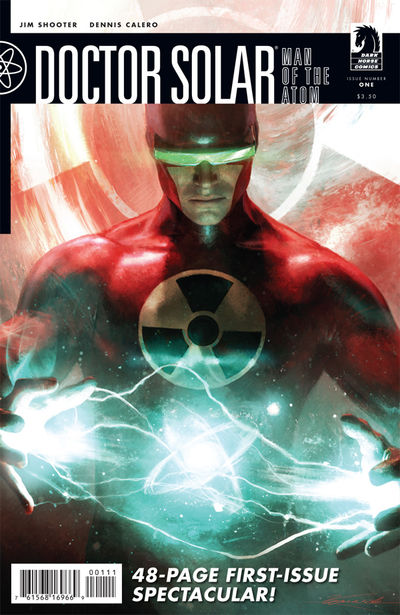
The late ’50s and early ’60s were the hottest years of the cold war. Fellow oldsters, try explaining that to young pups. They have no idea. The imminent threat of World War III hung in the air like cigar smoke.
On October 4, 1957, the USSR launched Sputnik, the first Earth-orbiting artificial satellite. I was six. Suddenly, the USA was suffering a “science and education gap” to go with the “bomber gap” we already had, and the soon-to-come “missile gap.” Those nasty Russkie-commies were ahead of us on everything!
There was a cloud of fear that exerted a subtle, ambient pressure. Some kids were impervious to it. I wasn’t. It got to me. No one ever told me I had to grow up to be a scientist. On my own, I decided that I was going to help beat those commies to the moon, which was important for some reason.
In school and after school, I applied myself. I read like a child possessed. I read the World Book Encyclopedia cover to cover, for instance. In fourth grade, they gave us a reading test. My reading level was off the scale.
I devoured books on science. The words, I grokked—the math, though, was daunting for a kid. My neighbor was a premed student. In exchange for me playing chess with him occasionally, he taught me algebra, calculus . . .
In ninth grade, I entered a scholarship contest sponsored by a huge chemical company. Many hundreds of top students from all over the tristate area took their extremely difficult chemistry test. All except me were juniors and seniors who had taken Chem 2. I hadn’t even taken Chem 1 yet. I finished sixth, out of the money. Maybe next year . . .
In high school, I took all the math and science they offered. I also took an extra after-school class that involved conducting actual research under the guidance of University of Pittsburgh scientists.
As with any challenging profession, the people who are good at science love it—eat, sleep, and breathe it. I figure that Doctor Phillip Solar is that kind of guy. I was too, but . . .
The other childhood passion I had was comic books. Especially a newfangled title, The Amazing Spider-Man, about a young science student, Peter Parker. The science was bogus, but the stories were cool and I related to the fact that the guy was poor, like me.
Then, along came Doctor Solar, Man of the Atom. The science wasn’t exactly cutting edge. Doctor Solar was empowered mysteriously—no reason why ever offered—after being trapped in a chamber that housed an atomic pile. An atomic pile? Atomic piles were antiquated more than a decade before. But his creator, Paul S. Newman, was making an attempt that I appreciated. He flung around words like roentgens, dosimeter, and ionization. The doctor inspired me to do a lot of reading about nuclear physics.
Then, a funny thing happened on the way to the moon—I got a job writing comics. I wrote my first comic-book story when I was thirteen, sold it to DC Comics, and soon became a regular freelancer.
I didn’t do it for fun, though it was. My family needed the money. So, every evening and weekend I worked. That didn’t leave much time for extra studying. I never even entered the chemistry contest again. But, you know, by the summer after I graduated, we’d already beaten those commies to the moon, so that worked out okay. And all these years later, I’m still writing comics.
I’ve never regretted spending all that time studying science. I still keep up with the latest developments. The CERN Large Hadron Collider, for instance, fascinates me.
All the Dell/Gold Key characters that Dark Horse has put in my care are great, iconic, and exciting to write. They demand my best, and they’re getting it. I have never worked so hard and loved it so much. Ah, but dedicated, passionate scientist Doctor Solar . . . he’s special to me. I’ve been inside his skin. Growing up, we were the same kid.
-- Jim Shooter